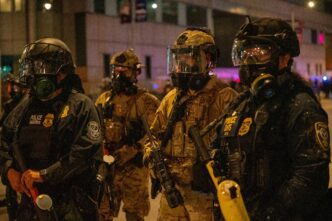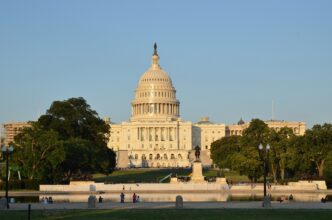Executive Summary
- Iraq’s recent parliamentary election involved 329 seats contested along sectarian lines, setting the stage for a new government.
- The election results will directly impact the future of the security arrangement between Iraq and the United States.
- A key challenge for the new administration will be addressing the growing power and influence of Iran-backed militias within the country.
BAGHDAD – Iraq’s recent parliamentary elections, which saw 329 seats contested along sectarian lines, are poised to significantly reshape the nation’s relationship with the United States and its strategy for addressing the influence of Iran-backed militias. The outcome of the vote is seen as a critical determinant for the future of the U.S.-Iraq security arrangement.
The new government will face the challenge of navigating a complex geopolitical landscape, balancing its strategic partnership with Washington against the substantial power wielded by armed groups supported by Tehran. The composition of the incoming parliament will be crucial in shaping policies related to both foreign alliances and internal security.
Ultimately, the election results will compel Iraqi leaders to make pivotal decisions that will affect regional stability. The primary focus will be on the continued presence of international forces and the role of powerful non-state actors within the country’s security framework.






